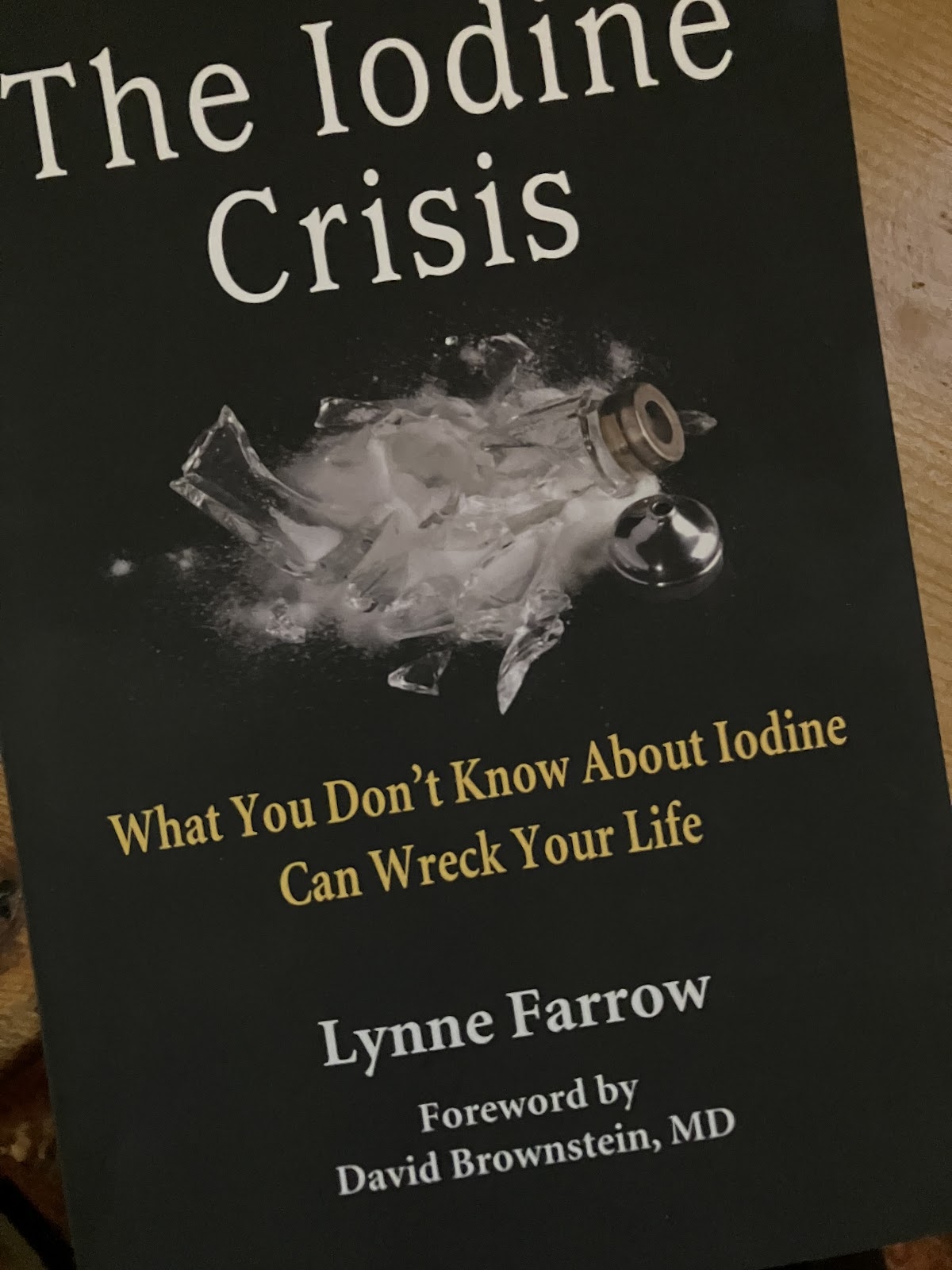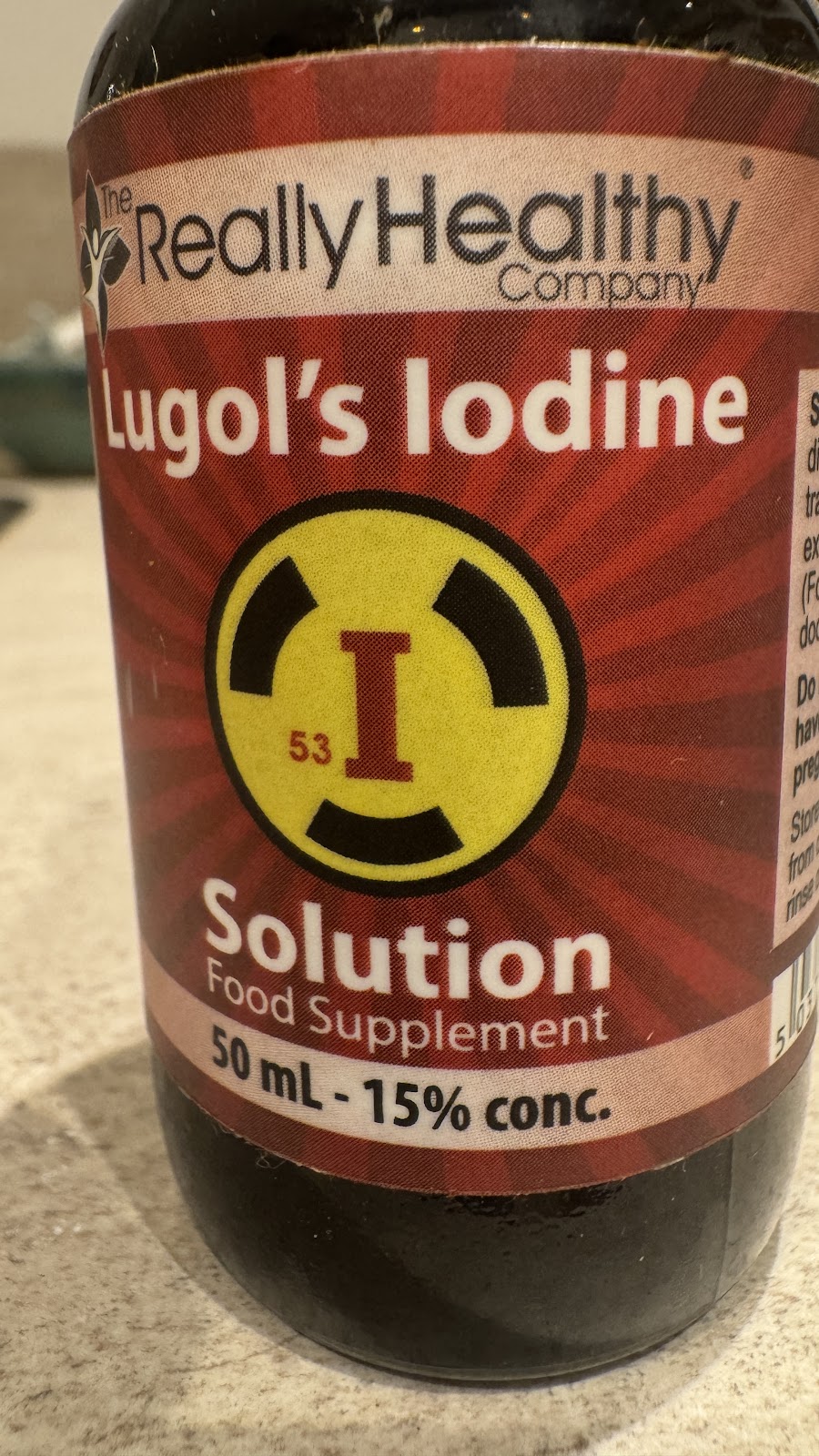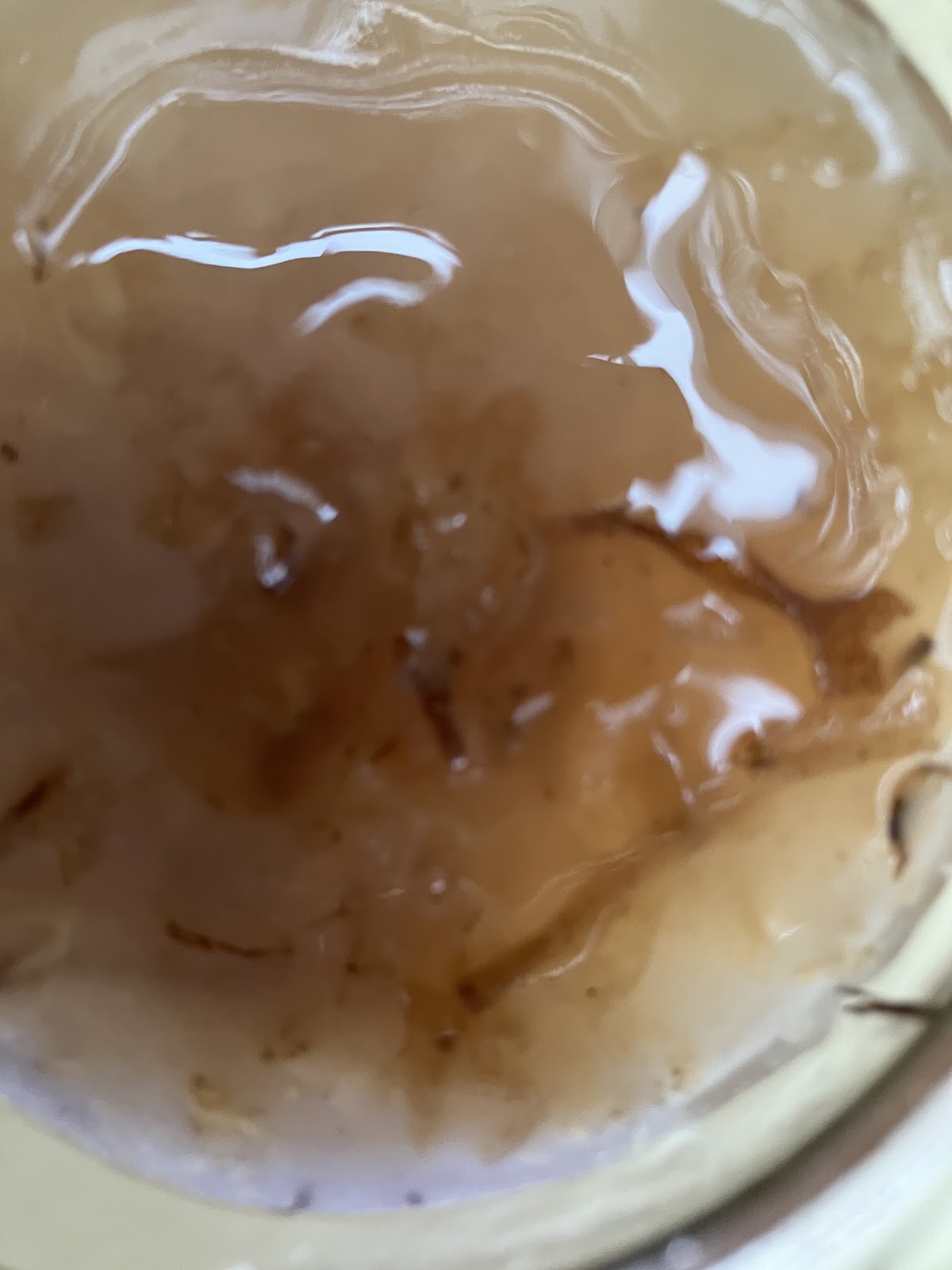I originally wrote this blog for Yes to Life in July 2021 - and have copied it here with some minor updates as several folk have asked and it is not easy to find on the Yes to Life site at the moment. I'm guessing folks could probably add some more books to this list now?Following on from Best Books for those newly diagnosed with cancer we have now asked our Wigwam members and Yes to Life team which books they would recommended for good nutrition and great recipes. In the first section we have books with cancer-related or focused information and in the second section general cook books that Wigwammers have found useful. Nutrition and cancer is such a huge area and has much conflicting information. Keto diets are certainly one of those areas with varying versions and those for and against them for certain cancers or people. There are also dozens of approaches to nutrition that are not covered fully by this list of recommendations like the macrobiotic approach, Gerson, the Bristol Approach, Paleo, Alkaline, vegan and more.
In this blog we cover the recommendations we received. Earlier this year we had a two-day Nutritional Science and cancer conference with a fantastic range of speakers; you can read a blog on that here and you can now get access to the videos plus presentation notes for £10 at: https://www.lifelineshealth.store/product-page/nutritional-science-and-cancer-congress-book
We hope you can get these books from your local bookshop – but if not we do like the new online Book Shop with a mission to financially support local, independent bookshops. See more at: https://uk.bookshop.org
1. ”Nutrition Brought to Life” by Kirsten Chick, a nutritional therapist and lecture. See more on her website: https://kirstenchick.com
‘Kirsten Chick’s new book is brilliant‘ Sue De Cesare.
‘I’ve so welcomed Kirsten’s approach which looks at how we nourish ourselves in the broadest sense. Her book is now one of my favourites for explaining and understanding nutrition – she has been dubbed the Queen of Analogy – and it certainly helped me a lot to understand what can be very complex issues. Lots of great info for people living with or beyond cancer. Plus some great recipes like her refined sugar-free flapjacks.’ Philip Booth, a Coordinator of Wigwam Cancer Support Groups
2. “The Ketogenic Kitchen” by Domini Kemp and Patricia Daly
This is a book of two halves with one half looking at the Low-Carb Way, while the second half looks at the Ketogenic way, high in fat but with almost zero carbohydrates. See more at: https://theketogenickitchen.com
‘There is great info in this book and the science to support these approaches’ J.T. Wigwam supporter. ‘For someone doing Keto – The Ketogenic Kitchen is fab – lots of good info and a whole planning of meals and recipes – nicely laid out’ Sue De Cesare, Helpline Volunteer and Yes to Life Trustee
3. “Keto-tarian. The (Mostly) Plant-Based Plan to Burn Fat, Boost Your Energy, Crush Your Cravings, and Calm Inflammation” by Dr Will Cole
More info at: https://drwillcole.com/ketotarian
‘Not lots on cancer but wise words around Keto approach with a plant-based program that looks to maximise health plus some info on fasting’ J.T. Wigwam supporter
4. “How Not to Die” by Michael Gregor MD
More info at: https://nutritionfacts.org
‘A general book but with many chapters on ‘How Not To Die’ from certain cancers. Loads of research. There is also a cookbook and a website with lots of videos and info with even more of the latest science around nutrition’. Nicola, Wigwam member
5. “Cancer-Free with Food: A Step-by-Step Plan with 100+ Recipes to Fight Disease, Nourish Your Body & Restore Your Health” by Liana Werner-Gray
More info at: http://www.cancerfreewithfood.com/#/
‘Easy recipes but sadly no pictures. Great nutritional principles, top cancer fighting foods and supplements – a great introduction if recently diagnosed.’ Philip Booth, Wigwam coordinator
6. “Foods to Fight Cancer: Essential Foods to Help Prevent Cancer” by Professor Richard Beliveau and Dr Denis Gingras
‘Foods to Fight Cancer is divided into three parts: Part One defines cancer and introduces the importance of diet; Part Two lists a variety of foods including garlic, green tea and tomatoes, and describes how they fight cancer; and Part Three discusses supplements and also a holistic approach to fighting cancer. The book discusses what foods are helpful to fighting cancer in a scientific but extremely accessible, useful and interesting way.’ Andrea Rayner, Wigwam member
7. “Rainbow Recipes” by Chris Woollams and Barbara Cox. This is the recipe book that accompanies The Rainbow diet book which looks at how to beat cancer – it is basically a colourful Mediterranean Diet. https://the-rainbow-diet.com/rainbow-diet-books/the-rainbow-diet-book-to-prevent-and-fight-cancer/
‘This cookbook helped me shift into a much more healthy way of eating. A Rainbow Diet has lots of research to show it is good at tackling cancer’ J.T. Wigwam supporter.
And more recipe books
8. “One Pot, Pan, Planet” by award-winning cook Anna Jones
More at: http://www.annajones.co.uk
‘The amazing sag aloo shepherd’s pie recipe we all loved’ Karin, Wigwam member
‘I’ve not got this Anna Jones book but have all her others. She lives up to being the voice of modern vegetarian cooking; it is not specifically about cancer but if you want to increase the amount of vegetables you eat then Anna Jones books are for you.’ Philip Booth, a Coordinator of Wigwam Cancer Support Groups
9. “Deliciously Ella. The Plant-Based Cookbook. 100 simple vegan recipes to make every day delicious.” By Ella More at: https://deliciouslyella.com
‘Ella had a series of health challenges (not cancer) and turned to a whole foods, plant-based diet, to ‘overhaul her life’. She has 6 cookbooks jam packed with great recipes. I wouldn’t be without her in the kitchen’ Carol, Wigwam supporter
10. “The Plant Power Doctor. A simple prescription for a healthier you (Includes delicious recipes to transform your health)” by Gemma Newman More at: https://gemmanewman.com/book
‘This is an accessible and friendly step by step guide to help you on the road to plant based nutrition. Lots of research and illustrations’ Anon, Wigwam member
11. “Minimalist Bakers. Everyday Cooking.101 entirely vegan, mostly gluten-free recipes, Easy and Delicious Recipes” by Dana Shultz More at: https://minimalistbaker.com/everyday-cooking/
‘I follow the Minimalist Bakers. Have done for several years. Max 10 ingredients. Love it. Vegan based goodness and flavoursome imaginative recipes’ Karin, Wigwam member
12. “The Happy Pear – Vegan Cooking for everyone” by David and Stephen Flynn
More at: https://thehappyfoodie.co.uk/books/happy-pear-vegan-cooking-for-everyone
‘I wonder if you could include this good book in your list. The pair get back to basics with pancakes, breakfast bowls, soups, burgers and sweet treats into basic principles so that we can learn how to cook from the beginning. There are recipes but this is about ‘building our knowledge and instincts’ to create great meals without recipes’ Carol, Wigwam supporter13.
Lastly...
Anything by The Doctor Kitchen – Dr Rupy Aujla
Rupy came up a number of times with all of his books getting a mention. https://thedoctorskitchen.com
‘’The Doctor’s Kitchen has some really good recipes – also has a lot of free ones on his website’ Sue De Cesare, Helpline Volunteer and Yes to Life Trustee
‘Yes it’s got to be Dr Rupy everytime. I’m on his email list, follow him on fb and listen to his podcasts, as well as use his recipe books! I trust his ideas, like his fact and evidence based approach about cancer and promoting eating mainly a plant based diet and how exercise plays an important part in the healing process along with walking in nature etc so he’s a bit of a one stop shop for me really! Eat to Beat Illness – easy to follow, tasty plant based recipes and lots of facts about how certain foods can support different areas of the body plus there’s a really good section about cancer.’ Karin, Wigwam member
Other content on Yes to Life featuring this topic:

















